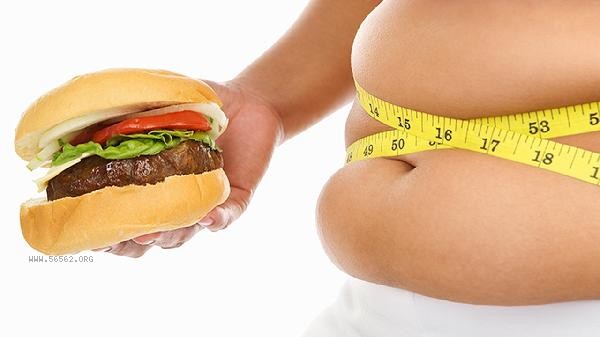The scientific method of losing ten pounds in a week requires strict control of diet and increased exercise, but rapid weight loss may bring health risks. The main methods of scientific weight loss include adjusting dietary structure, increasing aerobic exercise, supplementing sufficient water, ensuring adequate sleep, and avoiding extreme dieting.

1. Adjust dietary structure
Reduce the intake of high calorie and high-fat foods, increase the proportion of vegetables, fruits, and high-quality protein. Choosing foods with low glycemic index can help stabilize blood sugar levels and avoid hunger caused by fluctuations in blood sugar levels. Controlling the portion size for each meal and adopting a small, multiple meal approach can help reduce total calorie intake. Avoid processed foods and sugary drinks, which are high in calories but low in nutritional value. Reasonable combination of dietary fiber can help increase satiety and promote gastrointestinal peristalsis.
2. Increase aerobic exercise
Engage in moderate intensity aerobic exercise every day, such as brisk walking, jogging, swimming, or cycling. Aerobic exercise can effectively burn stored fat in the body and increase basal metabolic rate. It is recommended to limit exercise time to 30-60 minutes per day, gradually increasing according to individual physical condition. Combining interval training can enhance exercise effectiveness and burn more calories in a short period of time. Warm up and stretch before and after exercise to avoid sports injuries.
3. Adequate hydration
Drinking enough water every day helps with the elimination of metabolic waste and fat breakdown. It is recommended to drink 2000-3000 milliliters of water per day, in small and multiple portions. Drinking moderate amounts of water before meals can increase satiety and reduce the amount of food consumed during meals. Avoid sugary drinks and alcohol, as these drinks can increase additional calorie intake. Green tea or black coffee can be consumed in moderation, as the caffeine in them helps to increase metabolic rate.

4. Ensuring adequate sleep
Ensuring 7-8 hours of high-quality sleep per day is crucial for weight loss. Lack of sleep can lead to elevated levels of hunger hormones, increasing appetite and the risk of overeating. Establish a regular schedule to avoid staying up late and irregular sleep. Avoid using electronic devices before bedtime and create a good sleeping environment. Good sleep quality helps regulate metabolism and endocrine system function.
5. Avoid extreme dieting
Although very low calorie diets have quick short-term effects, they can lead to muscle loss and metabolic decline. Long term extreme dieting may lead to malnutrition and health problems, and it is easy to rebound after losing weight. A scientifically reasonable weight loss rate should be adopted, with a weekly weight loss not exceeding 1% of body weight. When encountering a period of weight loss plateau, one should adjust their exercise routine and dietary structure. If necessary, seek guidance from professional nutritionists or doctors to develop personalized weight loss plans. Scientific weight loss requires long-term adherence to a healthy lifestyle, and rapid weight loss methods may pose health risks. It is recommended to set the weight loss goal as a phased small goal and gradually achieve the ideal weight. During the weight loss process, attention should be paid to physical sensations and timely adjustments should be made if discomfort occurs. Maintain a positive and optimistic attitude, integrate healthy eating and regular exercise into daily life. After successfully losing weight, it is still necessary to maintain healthy habits and avoid weight rebound.










Comments (0)
Leave a Comment
No comments yet
Be the first to share your thoughts!